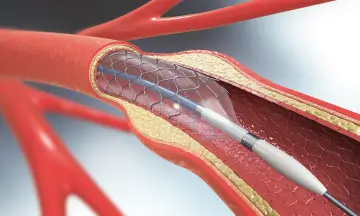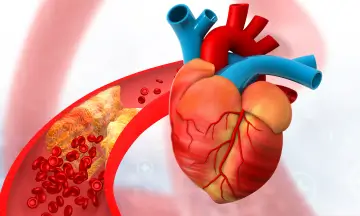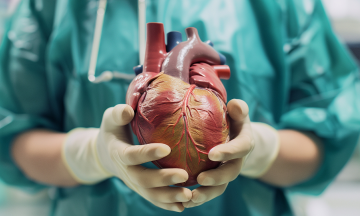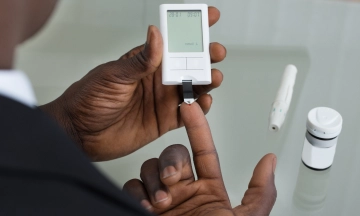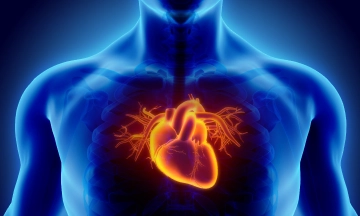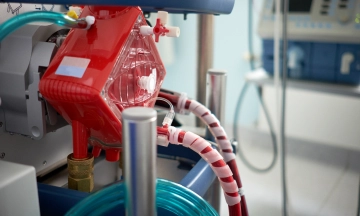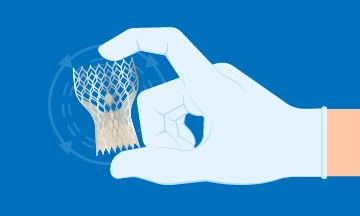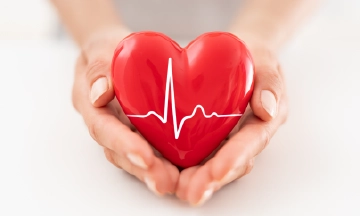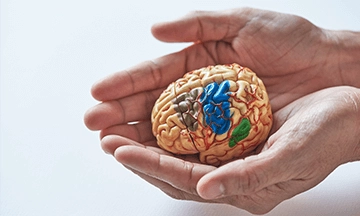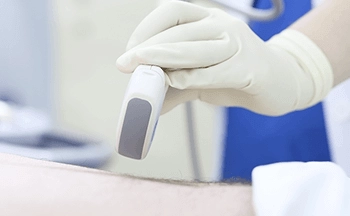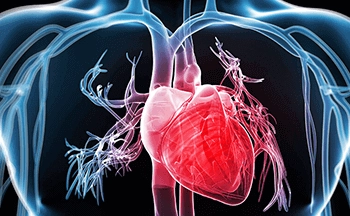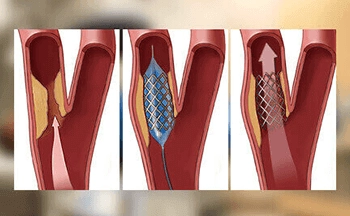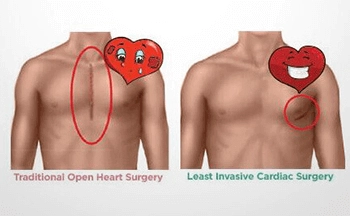
Metabolic Syndrome
A metabolic syndrome is a group of health problems that make it more likely for a person to have a heart attack, stroke or develop diabetes. If you are suffering from metabolic syndrome, you have at least make it more likely you will have at least three of the following:
1. Too much fat around your waist.
2. Borderline or high blood pressure.
3. Borderline or high blood sugar.
4. High triglycerides, a type of fat in your blood.
5. Low “good" HDL cholesterol.
What causes it?
A combination of your family’s history (your genes), as well as an unhealthy lifestyle, can be the cause of the metabolic syndrome. Gaining weight by eating too much and not exercising are the main reasons, especially if you tend to gain weight around your waist.
What are the symptoms?
Metabolic syndrome does not make you feel sick. But if you do suffer from diabetes, heart attacks and strokes, you will develop symptoms of those problems.
What increases your risk?
You are more likely to have metabolic syndrome if:
1. You are older - as you age, your chances rise.
2. You are overweight or obese, especially if you carry a lot of weight around your waist and upper body.
3. Your family members have or had type 2 diabetes and are or were overweight.
4. You have other conditions. For instance, metabolic syndrome is more likely if you have high blood pressure or other problems.
How is it diagnosed?
Your doctor will check your blood pressure, measure your waist, and conduct a fasting blood test. If you have metabolic syndrome, your results may include:
|
Measurement
|
Result
|
|
Waist size
|
Men: Greater than 40 inches
Women: Greater than 35 inches
|
|
Triglycerides
|
150 or higher
|
|
HDL cholesterol
|
Men: Less than 40
Women: less than 50
|
|
Blood pressure
|
130/85 or higher
|
|
Fasting blood sugar
|
100 or higher
|
How is it treated?
Get more exercise
Being more active is one of the best ways to treat metabolic syndrome. Being active help for many reasons:
Helps you lose weight.
1. Lowers blood pressure, triglycerides, and blood sugar.
2. Raises HDL, the “good" cholesterol.
Aim for at least 2½ hours of moderate exercise a week. You could do this brisk walking for 30 minutes a day, at least 5 days a week. You can also be active in blocks of 10 minutes or more throughout your day and week. Moderate exercise is safe for most people, but it's always a good idea to talk to your doctor before starting an exercise program.
Change how you eat
Your doctor may advise you to eat less salt or try the DASH diet to help lower your blood pressure. The DASH diet is low in fat but rich in low-fat dairy foods, fruits, and vegetables.
To get started:
1. Choose low-fat or nonfat cheese, yoghurt, and cottage cheese.
2. Drink skim (nonfat) or 1% milk.
3. Eat lots of fruits and vegetables.
4. Eat more whole grains like brown rice & whole wheat bread.
5. Choose lean meats, chicken without skin, or fish.
6. Eat beans, lentils, and nuts.
7. Limit sodium (salt) to less than 2,300 milligrams (mg)—less than 1 teaspoon—a day.
8. As a rule of thumb, if you limit yourself to 10 calories per pound of your body weight
9. each day and maintain a normal level of activity, you should be able to lose 1 pound per week.
Take medicines if necessary
Lifestyle changes, such as exercise, losing weight, and eating healthier, are usually the first set of approaches for metabolic syndrome. Your doctor may prescribe medicine for your cholesterol, blood sugar, or blood pressure if need be.
Dr Deepak Krishnamurthy MD, DNB
Senior Interventional Cardiologist
Book an appointment with Dr Deepak Krishnamurthy - https://www.sakraworldhospital.com/doctors









